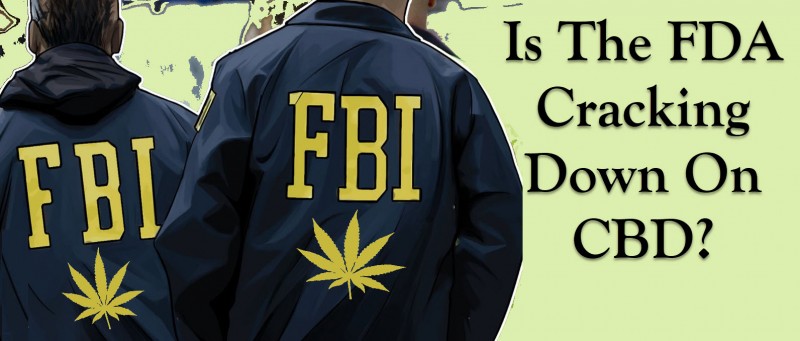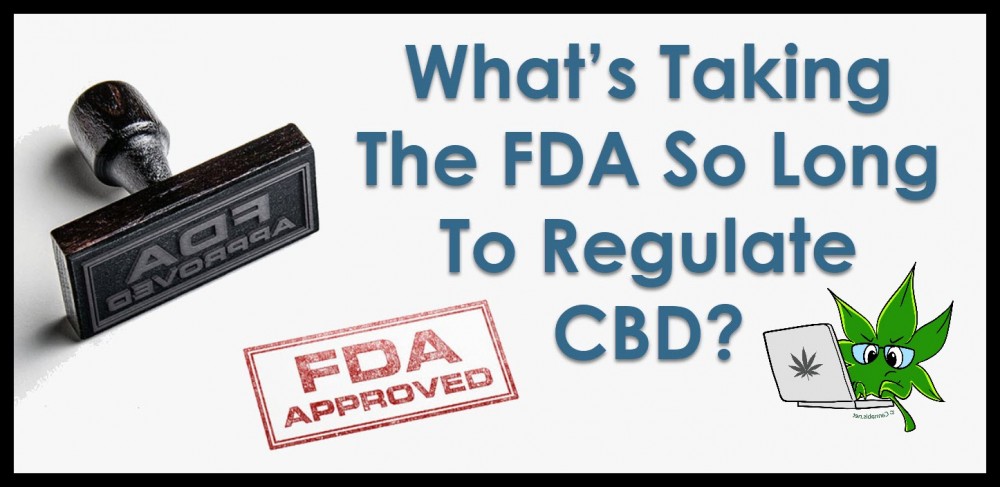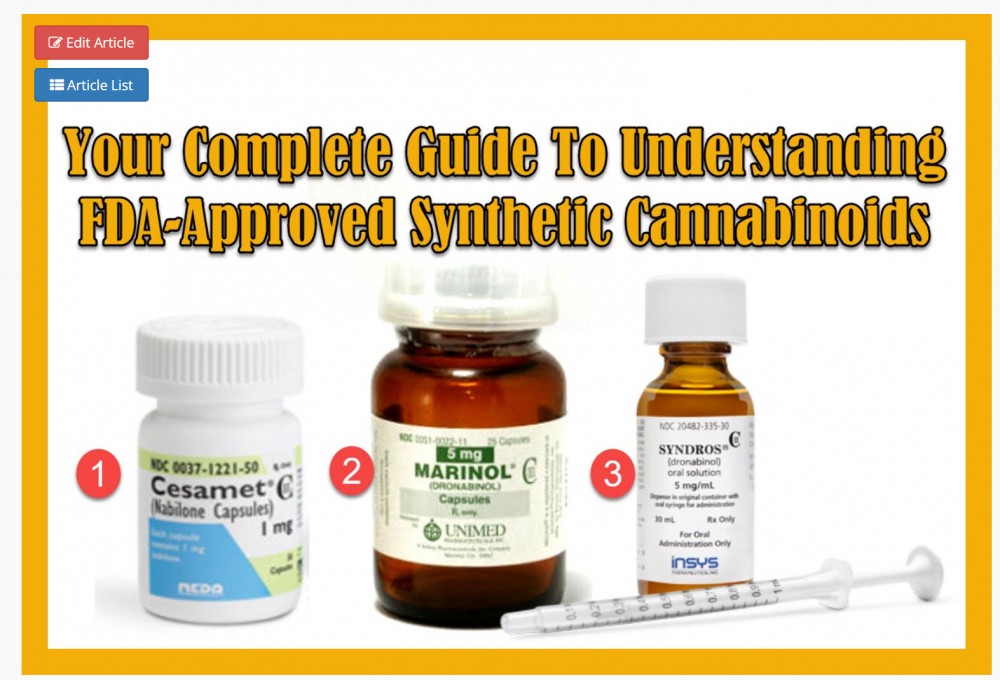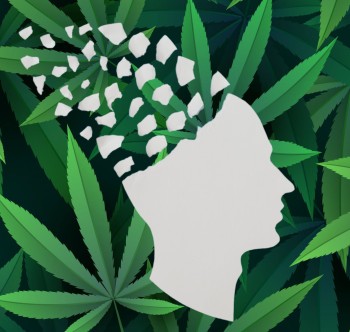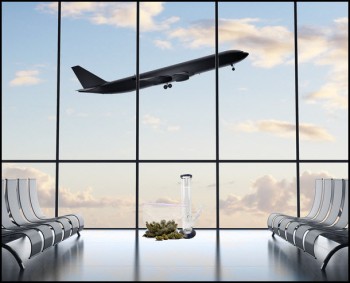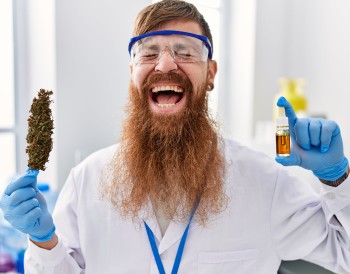Is The FDA Cracking Down On CBD?
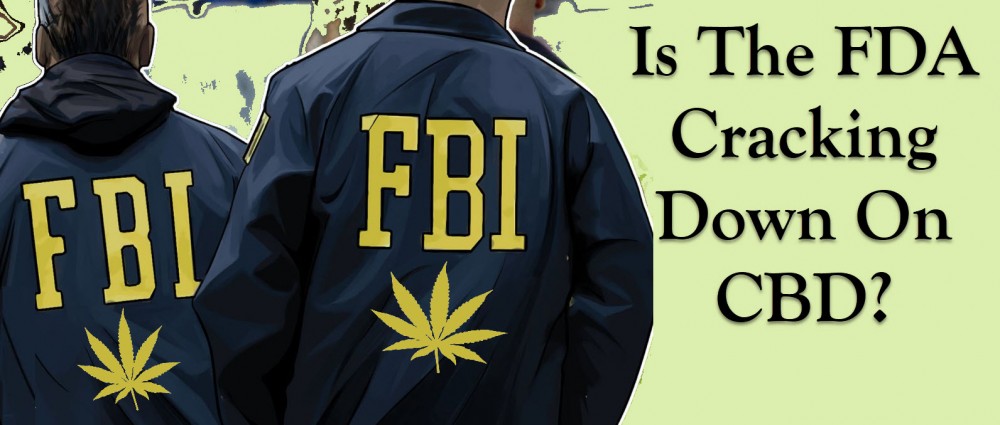
When the Farm Bill was passed late last year, many in the cannabis community were happy about this. This milestone was a historic one; one that will finally make CBD products more accessible throughout the country.
But the government had to ruin all the fun.
In early February, the New York City Department of Health and Mental Hygiene announced a ban on the addition of CBD on food and beverages despite it being a non-psychoactive substance. CBD doesn’t you high, and is known for its numerous health benefits from treating anxiety and depression to cancer and many more.
“Restaurants in New York City are not permitted to add anything to food or drink that is not approved as safe to eat,” a Department of Health official disclosed to Inverse. “The Health Department takes seriously its responsibility to protect New Yorkers’ health. Until cannabidiol (CBD) is deemed safe as a food additive, the Department of Health is ordering restaurants not to offer products containing CBD.”
A similar ban was implemented in Maine by the Department of Health and Human Services. The agency cited a vague FDA policy which forbids using food additives that are not approved at the federal level. Ohio and North Carolina are also included in the cities affected by the crackdowns, because the FDA requires CBD to still go through a process to be federally approved before the public can legally buy them.
On top of that, there’s also the issue of CBD products being placed under embargo. Though this doesn’t mean that the CBD products are seized, it still prevents the being retailed to the public. Other states are writing warning letters, stating that these products should be pulled out from the shelves.
The problem?
The Federal Food, Drug, and Cosmetics Act; a law that places strict rules on the addition of medicinal components on food and drink. Combine that with the fact that the FDA isn’t convinced about the health benefits of CBD, so any business that makes health claims is ruffling their features.
All of this started in December, after Congress approved the Farm Bill, a law that effectively legalizes industrial hemp throughout the country. CBD may be extracted from marijuana, but it’s also possible to do so from hemp. The FDA released a statement after the bill was approved, intended for businesses that make CBD products. In other words, they were sending a message out to the industry that if you’re going to sell CBD and call it medicine, then you’re going to have to follow the same rules as pharmaceutical companies.
“Cannabis and cannabis-derived products claiming in their marketing and promotional materials that they’re intended for use in the diagnosis, cure, mitigation, treatment, or prevention of diseases (such as cancer, Alzheimer’s disease, psychiatric disorders and diabetes) are considered new drugs or new animal drugs and must go through the FDA drug approval process for human or animal use before they are marketed in the US,” said FDA Commissioner Scott Gottlieb in a statement.
CBD Still A Gray Area
The FDA has made it clear that they will be treating CBD as the same whether it’s been derived from hemp or cannabis. According to their reasoning, this is for regulatory reasons; as of now, CBD is still considered as an illegal food additive despite not announcing that they are making any plans to enforce CBD in a certain way.
CBD has been shown to be a real viable treatment for many chronic conditions based on both research and anecdotal evidence. However, we still have a long way to go until the day we see it being sold openly in pharmacies or groceries. There has also been the issue of CBD’s production being unregulated, with manufacturers not being true to their claims; which only gives the FDA and the DEA more ammunition against the cannabis industry. CBD, even in its simplest forms, has no formal standards or dosing guidelines to follow unlike other substances in the market. So it’s difficult to determine exactly how much CBD is going into your matcha latte, and not everyone welcomes the idea of being spiked with CBD in unknown amounts.
Until the FDA puts clear, black and white regulations in place, we’re still going to have to face an uphill battle to get access to CBD.
OTHER STORIES YOU MAY ENJOY....
FDA ON REGULATING CBD PRODUCTS, CLICK HERE.
